If there’s a will there’s a way to get important national infrastructure projects done quickly in Canada, suggests a Calgary-based scholar and consultant on Indigenous and northern economic development.
Heather Exner-Pirot, a senior fellow with the Macdonald-Laurier Institute, recently published a paper outlining how in 2022 Germany managed to take a proposal for the country’s first floating LNG import terminal from idea to commissioning in only nine-and-a-half months.
Three days after Russia invaded Ukraine, German Chancellor Olaf Scholz called for a “changing of the times” to reduce the country’s dependence on Russian gas. By December, the Wilhelmshaven terminal was operational.
It took leadership, national solidarity and a perfectly crafted piece of legislation to get it done, said Exner-Pirot.
She wrote: “The key to Wilhelmshaven’s success…was the development and implementation of the German LNG Acceleration Law — federal legislation that simplified and sped up a myriad of administrative and legal procedures, from environmental and energy laws to public procurement rules and general administrative law, all within a context of overlapping state, federal and European laws.”
“It’s quite amazing what they accomplished, and the opposition parties were fully on board. It was a matter of national interest,” said Exner-Pirot in an interview.
It took over a week to get the law through nine parliamentary committees. Generally, the coalition parties voted in approval and the far-left and far-right parties abstained.
Meanwhile, in Canada, Quebec’s Energie Saguenay Project, a proposal for the construction of a natural gas liquefaction complex at Port Saguenay, had been stalled since 2014. The proposal required the construction of a natural gas pipeline extension linking the facility to the main transportation system in northeastern Ontario, which carries western Canadian natural gas. The proposed completion date was 2025.
“It’s an export terminal. Not a big deal. And a 650-kilometre pipeline from the existing gas pipeline,” said Exner-Pirot.
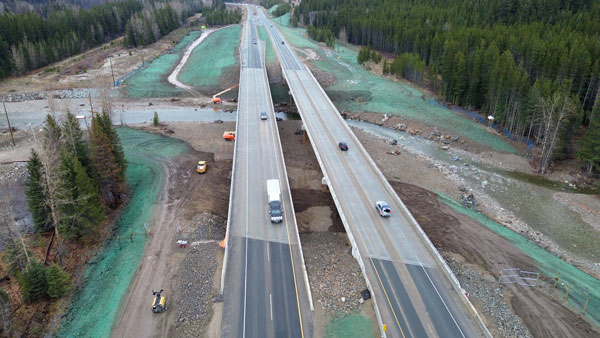
In February 2022, Canada’s federal cabinet formally rejected the project, citing environmental reasons, given that it involved fossil fuels, Exner-Pirot said.
“They actually rejected Energy Saguenay as Russia was putting troops on the border,” she pointed out.
The chancellor visited Canada in August 2022 seeking LNG contracts.
With no LNG terminal on the horizon – certainly not Energy Saguenay – all Canada could offer Germany was a future hydrogen deal.
Exner-Pirot said Canada has the engineering and the labour to accelerate major projects from concept to completion but major hurdles are political will, short-sighted leadership and protection of turf.
Still, she lists projects that were executed quickly and suggests at the right time, with the right circumstances and sense of urgency, others could go ahead.
“There’s a cost to having these rocky federal-provincial relations. There’s a cost from all this bun fighting,” said Exner-Pirot. “Are we waiting for a crisis to make things happen faster? We all know what’s happening with the economy, we all know what’s happening with the energy transition, and we’re still not doing what it takes.”
Exner-Pirot noted the skillfully crafted LNG Acceleration Law takes into account Germany’s climate targets, which include moving off natural gas. The law stipulates the permits for the LNG facilities are to be in effect until Dec. 31, 2043 at the latest. It’s presumed hydrogen will be the replacement.
Canada’s energy projects, in contrast, move at a “glacial pace,” said Exner-Pirot. Long delays and cost overruns have beset such major projects as Site C, TMX and Keeyask. Canada was ranked 34th out of 35 OECD countries in 2020 in permitting approval times.
But even with current hurdles, Canada does not have to remain on the outside looking in at the successes of others.
Exner-Pirot said the next frontier could be mines for critical minerals.
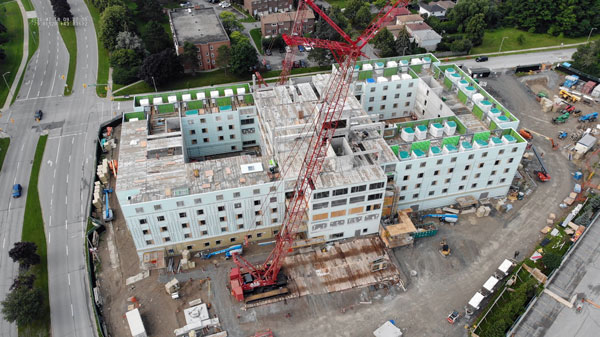
“Actually building the mine could take two years, so I can see that,” said Exner-Pirot. “We’re not in a crunch yet, commodity-wise, but we will be soon.”
During the pandemic, Canada found a way to expedite long-term care homes, temporary hospital facilities and affordable housing, using modular building in some cases.
In November 2021, catastrophic flooding washed out key B.C. highways and it was estimated repairs could take months or years. But, Exner-Pirot writes, the Trans-Canada Highway in the Lower Mainland was reopened three weeks after the flooding, and the Coquihalla Highway partially reopened to commercial traffic after 35 days.
The federal “bun-fighting” might take a pause if Alberta’s grid goes down, she said.
“Then obviously you have to do that as fast as possible.”
Might Canada replicate the German experience with a major energy project?
Sadly, says Exner-Pirot, probably not.
“In terms of building an LNG terminal, no, I don’t think it will happen. I think it just goes to show that it can happen,” she said of the German case.
Follow the author on Twitter @DonWall_DCN


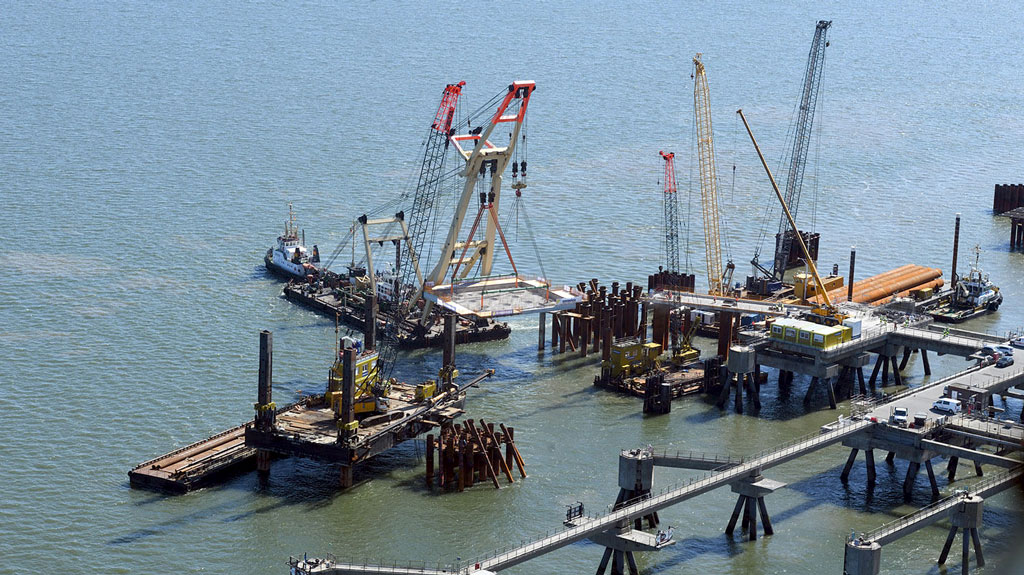


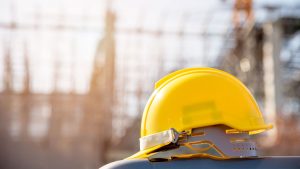
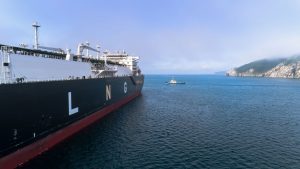

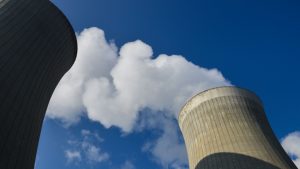
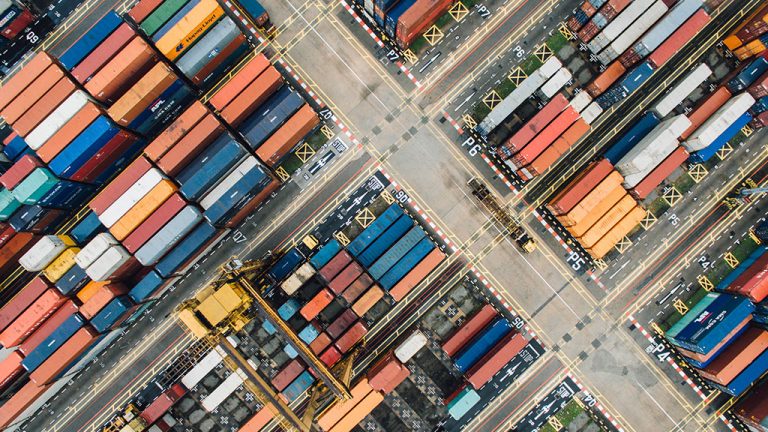

Recent Comments
comments for this post are closed